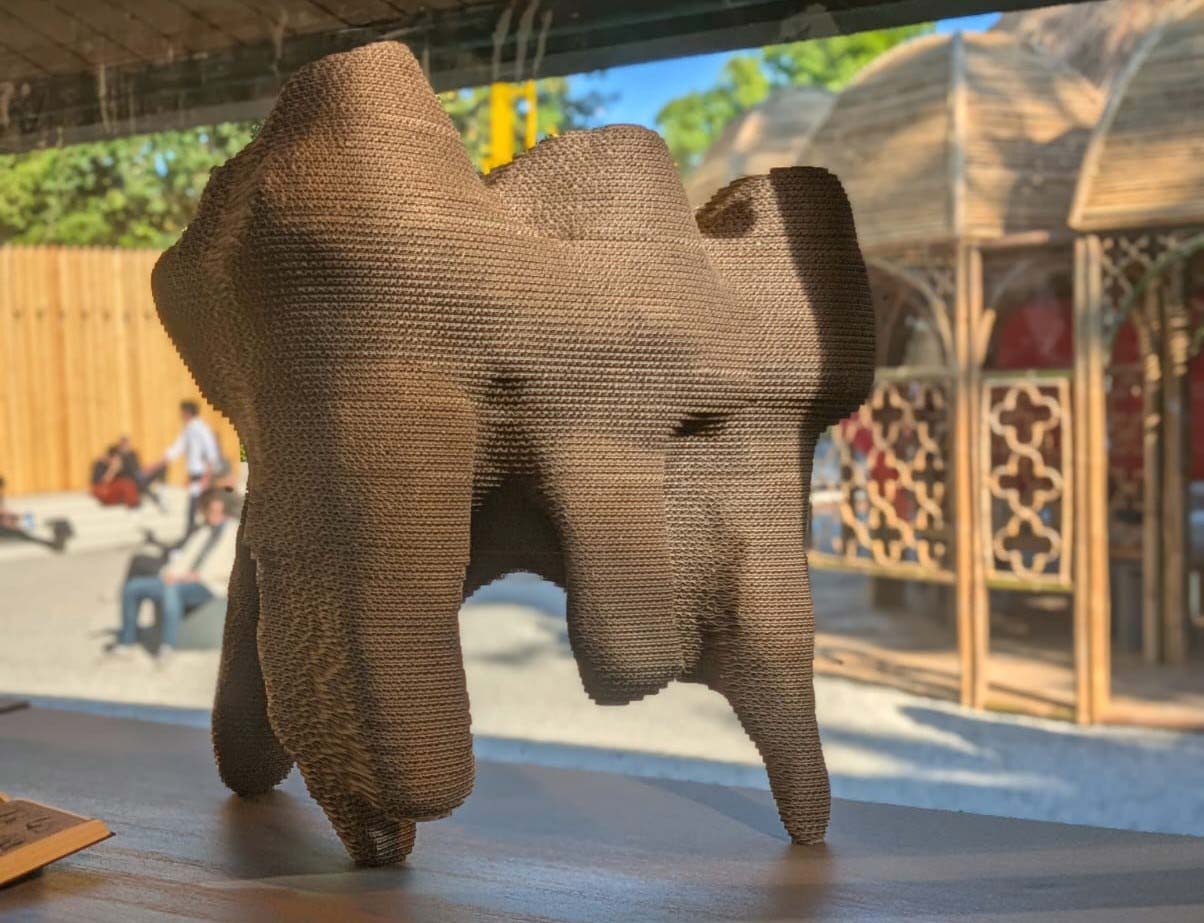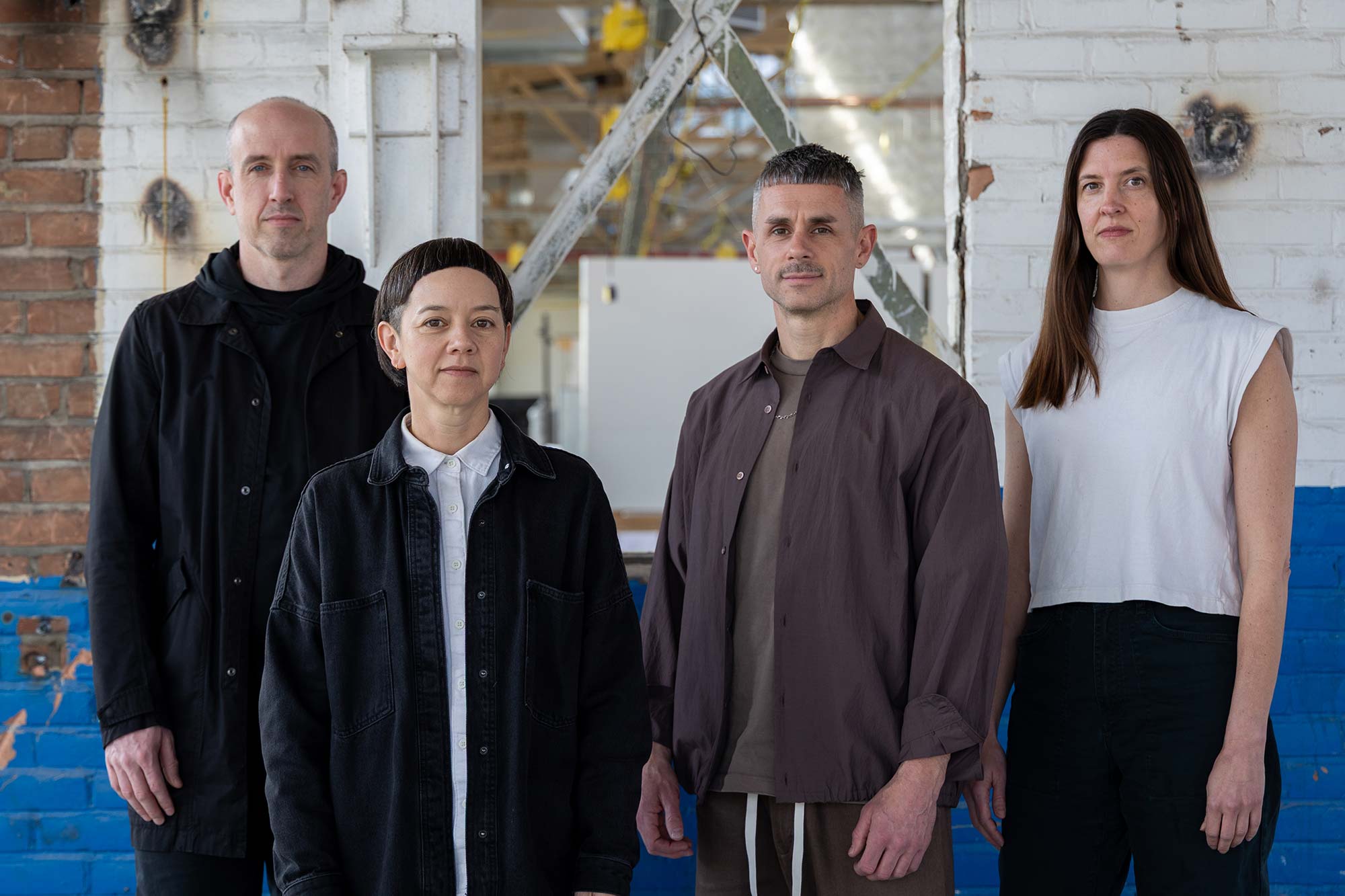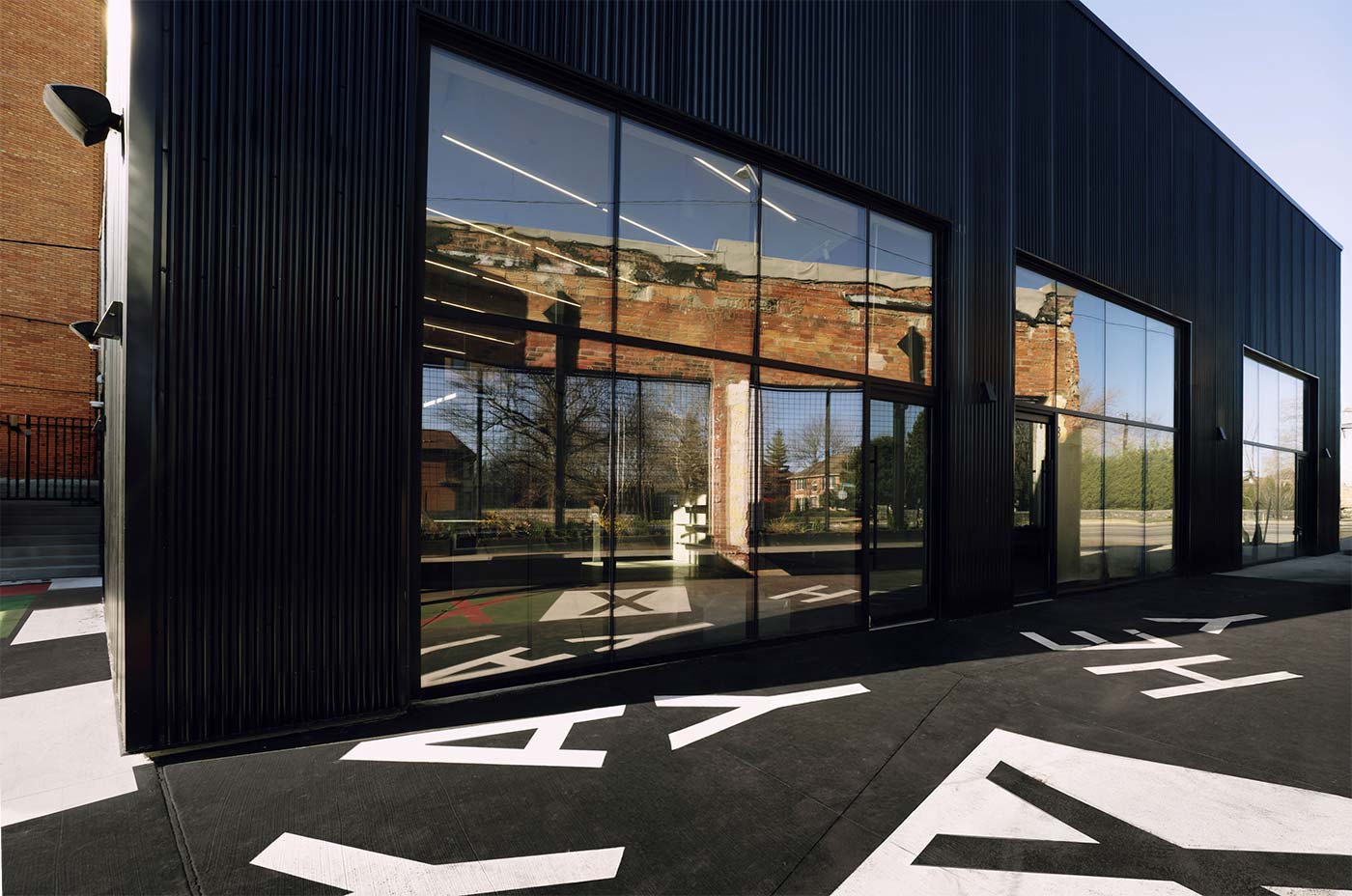Associate Professor Geoff Thün presents research in Responsive Envelopes at London Adaptive Architecture conference March 3-5
Associate Professor Geoffrey Thün will present recent research in Responsive Envelopes at the upcoming Adaptive Architecture Conference at the Building Centre, London, March 3-5, 2011. Thün will be presenting papers and design research developed with Assistant Professor Kathy Velikov and his practice RVTR for both the North House Dynamic Façade System, and recent Stratus Project developed with funding support from the 2010 Taubman College Research Through Making program, and Small Projects Funding from UM’s Office of the Vice President for Research.
Architecture has always been inventive and adaptable. However, our current era is unique in its technological potential combined with societal and environmental challenges. The need to generate sustainability, developments in design techniques and technology advances are leading to the emergence of a new Adaptive Architecture. The built environment is becoming truly responsive in terms of physical, real-time changes acting under intelligent control. Adaptive Architecture can be characterized by four key attributes; it is Dynamic, Transformable, Bio-inspired and Intelligence. Drawing on these themes, the Adaptive Architecture Conference will bring together leading practitioners, researchers and industry experts who will present built work, practical research and peer-reviewed academic papers. Presenters will demonstrate new types of reconfigurable architecture, and will show how adaptive strategies can extend a building’s life cycle, enhance energy efficiency and optimize resource utilization. Keynote speakers include Sir Peter Cook, Mark Goulthorpe, and Chuck Hoberman.
The conference will be organized into four modules:
Dynamic Facades:
Next-generation, responsive facades will be examined, including the creation of a building fabric that is both intelligent and communicative. Presenters will demonstrate systems that are capable of reducing energy demands, enhancing occupant comfort and integrating energy generation into contemporary architecture.
Transformable Structures:
Methods to create building-scale structures that change their size and shape will be demonstrated. Speakers will discuss architecture that adapts over different time-scales, whether daily cycles or long term response to changing economic demands, climate adaptation, weather patterns, emergencies and other external factors
Bio-inspired materials:
Nature creates responsive organisms and materials that transform, heal, and change color. These functions originate at the molecular level and scale up to create adaptive systems that actuate by chemical and physical cues. Utilizing insights from the natural world, researchers are now creating a new generation of adaptive materials and devices. Speakers will present state of the art research, and discuss how nature’s strategies can provide inspiration for design
Intelligence:
As buildings develop the capacity to adapt, the challenge is to implement effective control where building automation systems, user interfaces and services can interact seamlessly, to embed intelligence within the architecture. Speakers will present current strategies as well as explore the future potential of intelligent systems.
For more information about this upcoming conference, visit the Adaptive Architecture website.









